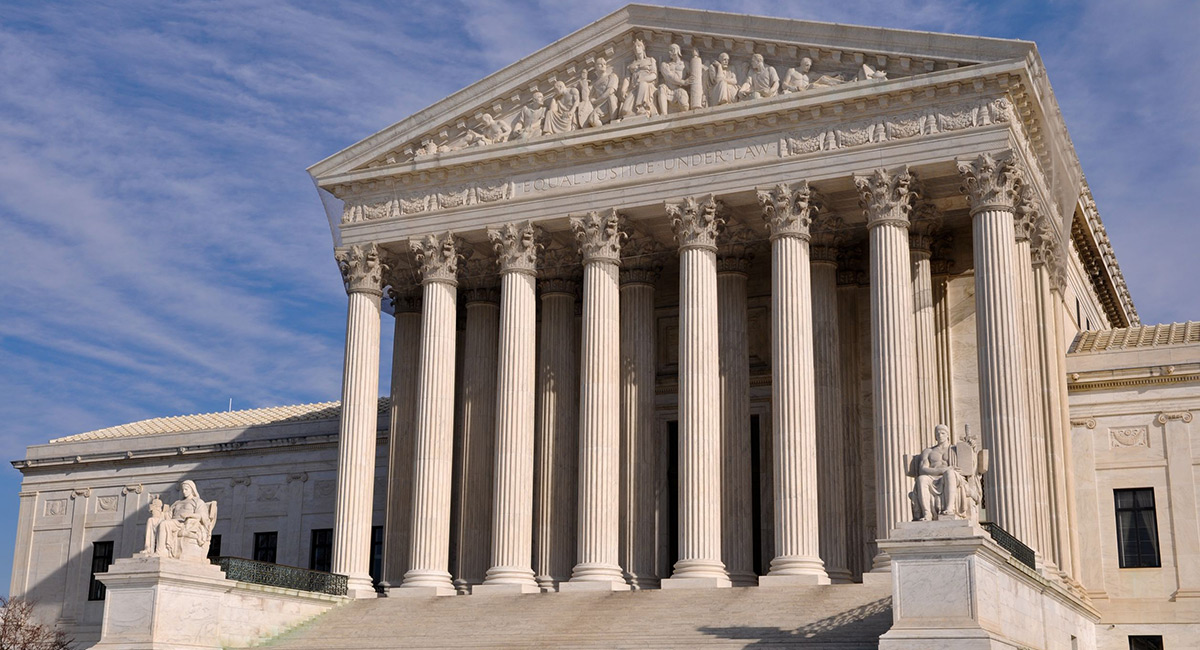Vice President Joe Biden recently declared that if elected president he will establish a commission of Democrats, Republicans and constitutional scholars to study how to change the Supreme Court. That commission will fail: whatever the recommended changes, the Supreme Court will always have a controlling political bias and remain autonomous.
If term limits or age limits are imposed on the court, that will do nothing to change these biases. Whatever the number of justices, it will always have to be uneven so as to break tie votes. A tie remands the decision to a lower court. And an uneven court means that one party, whether Republican or Democrat, will always control the political vote.
If the Supreme Court is packed, the same political, autonomous control will remain.
This political autonomy so disturbed the late Robert Bork that he recommended that Congress be permitted to veto Supreme Court decisions. If congressional control of the Court failed, Bork said, at least it would be a failure of democracy. But if we had this system and if on Nov. 3 the Democrats retained control of the House and gained control of the Senate, their veto power over the Supreme Court would be patently political.








